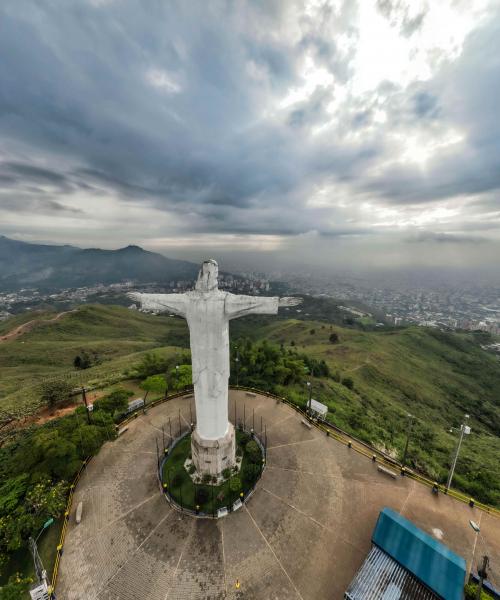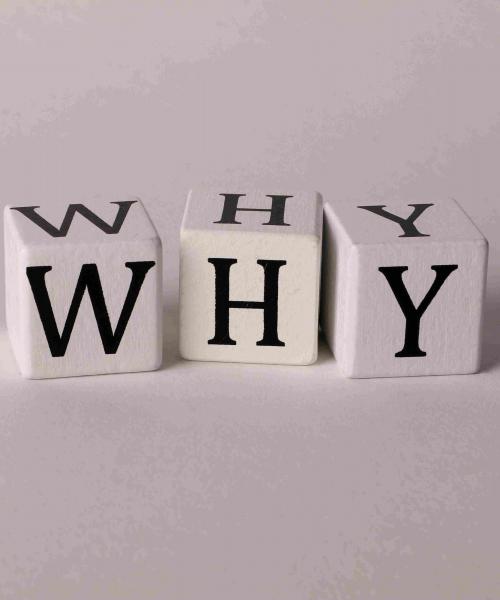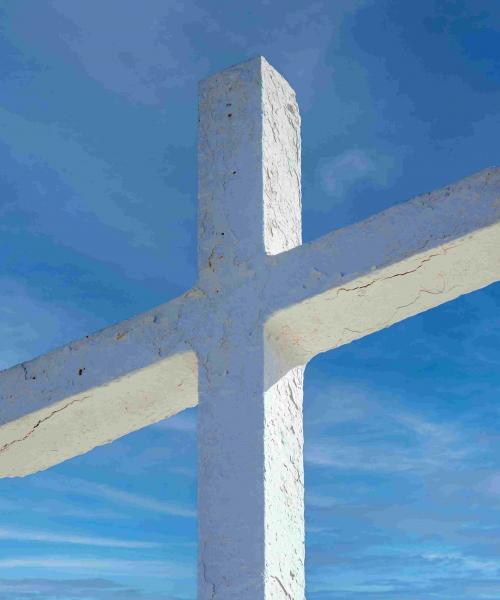
Time to take a chance
It starts with the death of a king.
Now it happens that this is a king known for having raised a huge army, and for having a fight with the temple priests that saw him struck with a dread skin disease that left him unclean (2 Chronicles 26:13-23). A memorable king, though maybe not a most favourable king.
And in the year that king Uzziah dies, the prophet is given a vision, and challenged to speak into the chaos that so often marks the boundaries of change.
Now – we have just witnessed the death of one monarch, and the coronation of another – a period of history marked by ritual and ceremony; mourning and celebration. And in some corners, questions about the future. These questions don’t threaten the fabric of society, but in the days of Uzziah and Isaiah, the king’s death signalled a time of change.
The vision that Isaiah describes would leave even the strongest of us cowering in a corner. Smoke and fire – strange, singing creatures – thunderous voices – an urgent command. The prophet is told to speak to the people of their ignorance:
‘Go and say to this people:
“Keep listening, but do not comprehend;
keep looking, but do not understand.”
10 Make the mind of this people dull,
and stop their ears, and shut their eyes,
so that they may not look with their eyes,
and listen with their ears,
and comprehend with their minds,
and turn and be healed.’
This is not what we expect of a prophet.
Where’s the hope? Where’s the ‘good news of great joy?’ The prophet has every reason to be terrified. It seems they have been charged with the abandonment of God’s people. But Isaiah has been called to take a chance in a time of great change.
******
The prophets we remember – those who have been immortalized in Scripture – are not just street-corner-shouters, raging against the state of things. Those folks are always with us. Ready to tell you how bad it is – how everything was better in the time of way-back-when. No, the prophets we remember spoke into the terrible times of chaos with reminders of God’s faithfulness to those who had forgotten.
The audience response to these very different messages is predictable. The street-corner-shouter says ‘let’s go back to our greatness!” The prophet says ‘put your trust in God.’ Who wouldn’t cheer for the good old days? Who doesn’t want a simpler life – a safer existence? The street-corner-shouter offers us a soft place to land. The imagined past of our blessed memory. The prophet urges us toward the unknown future. The promise shaped by God’s boundless love and grace.
Isaiah is invited on a journey of faith. A journey that will be marked by conflict and endless challenges – even challenges raised by the religious authorities of the day. He will run afoul of powerful people, but his message is one of hope in spite of the circumstances. Here then is a prophet we can bear to hear. A prophet, perhaps, whose example we might follow.
For we are navigating the boundary of change even now. Economic change, climate change, political change. The changes are marked by sharper differences between the wealthy and the poor – more dramatic weather events (and more often) – a political landscape that cultivates fear and distrust. And on these boundaries, the streets (and airwaves) are full of folks who would have us retreat to an imaginary past when there was none of this. Where crime was less violent (it wasn’t) and people left politics to the politicians (they didn’t). And the poor? Well, even Jesus told us that the poor would always be with us, so when the subject of their welfare is raised, there are those who would have us believe that ‘back in the day’ those unfortunate souls simply worked harder than the people of this corrupt generation – pulling themselves up by their bootstraps…except do to that, you have to have boots.
These voices that call us back to the past – to ‘traditional values’ – to (so-called) simpler times – are voices that would have us fear the present and dread the future. But God’s people need not fear. God’s voices – Isaiah being one – acknowledge the corruption and call for the downfall of the corrupt. Not a pleasant image, and not exactly good news for those who benefit from a corrupt system. Isaiah doesn’t promote ‘traditional values’; Isaiah points to God’s care for the whole of creation – for all of humanity. The prophet takes the chance in a time of change to remind the powerful that while they imagine themselves masters of their own systems, they ultimately are part of God’s system.
This is the ‘system’ that Jesus called the kingdom of God – a way of living and being that looked beyond power and profit to seek compassion and justice – mercy and grace.
Isaiah used language that suggested the systems of power and privilege would be torn down and cast aside in favour of the system of God’s mercy and justice. Jesus too called for the upheaval of those structures that valued power over people – and privilege over compassion. And Jesus met such resistance that it cost him his life. No wonder we are hesitant when it comes to speaking out. But as followers of Jesus – as people of the Resurrection – we have access to a courage that helps us face the unknown. We are able to look forward without fear – knowing that the downfall of a wicked system, though horrible to behold, is often the only way to real justice. I’m not calling for war – or even what some call revolution; I’m reminding you that speaking the truth to power – that calling for justice for the truly oppressed – that opening doors and hands to the homeless, the addict, the outcast and the prisoner – will lead to resistance from those who benefit from the current system. The rich like being rich – that’s why they fight hard to keep their money. The powerful enjoy the seat of power – they will do and say anything to stay there. And Jesus message (as echoed by Isaiah and all the prophets) that God has a better system is not one that powerful people want to hear.
We can see the changes taking place. We are hearing the competing voices, each trying to justify the thing that brings them the most benefit. Maybe it’s time to take a chance – to add our voice to the chorus. Prophets are never appreciated, but prophets are necessary. And we are called to speak for the voiceless – to champion the poor and oppressed – to point to the system where it is broken, and remind the world that compassion, mercy, justice, and love constitute a better way.
 St. John's
St. John's




